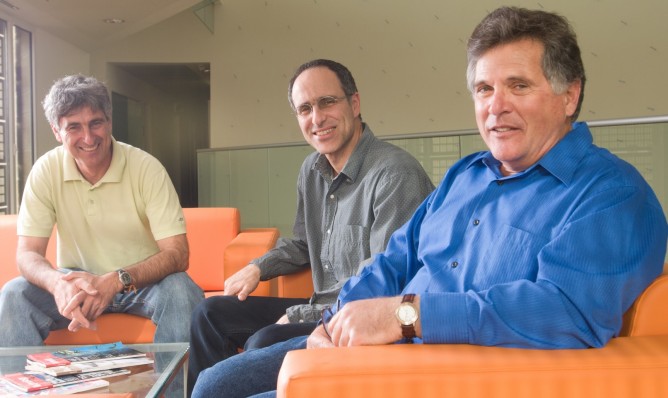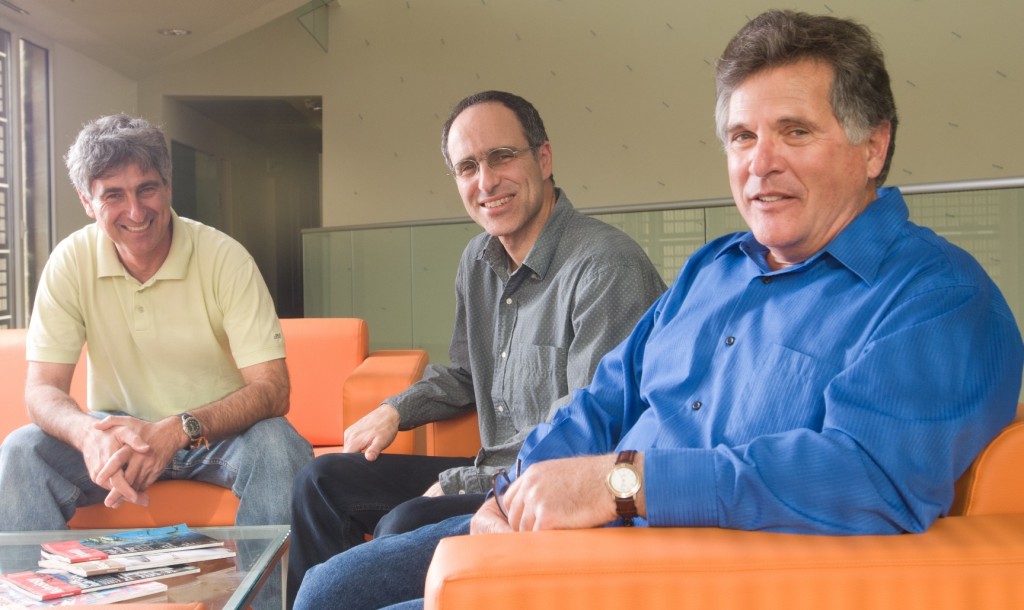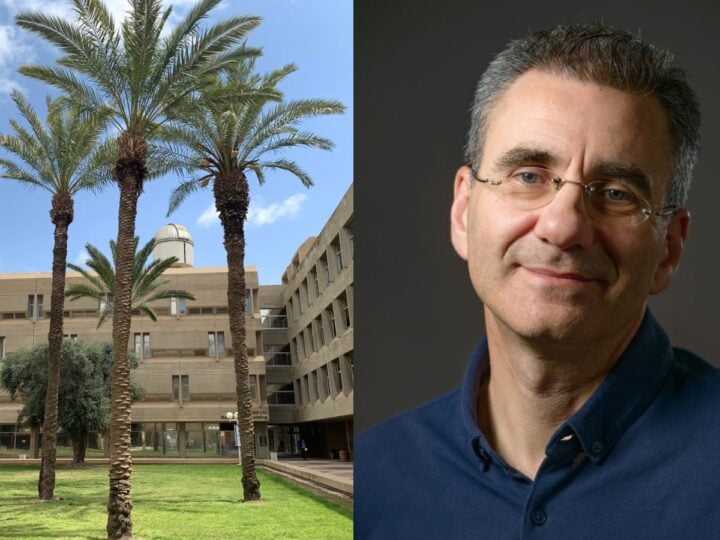Prof. Eilon Adar, director of Ben-Gurion University of the Negev’s Zuckerberg Institute for Water Research, is visiting California to share technology and experience in dealing with scarce water resources.
The world-renowned hydrologist is touring East Bay water facilities with state and regional water experts, as part of a historic technology-sharing agreement signed last year by California Governor Edmund G. Brown Jr. and Israeli Prime Minister Benjamin Netanyahu.
“As an issue of national security, Israel has successfully made itself water independent,” said California Natural Resources Agency Secretary John Laird. “With a similar climate, California is poised to benefit greatly from Prof. Adar and researchers at Ben-Gurion University of the Negev as we plan for ways to better manage water, particularly in times of severe drought.”
Adar will be briefed on the activities of California’s Delta Diablo Water Agency, which is turning bio-solids into energy, and about the Stanford University partnership with Delta Diablo’s Recycled Water Technology Pilot.
“If we managed to overcome our water problems in Israel, in the Middle East, it can be done almost anywhere else in the world,” Adar said. “However, in order to improve the water management and efficiency in California, the water utility companies need to increase their coordination and cooperation on water use and treatment.”
The Zuckerberg Institute was founded in January 2002 in the Jacob Blaustein Institutes for Desert Research, at the university’s Sde Boker campus. The Institutes unite under one roof all aspects of water resources research, including groundwater production, desalination technologies and treatments for marginal water sources.
Adar conducts cutting-edge research on groundwater flow systems and arid basins. His Mixing Cell Model (MCM) approach utilizing hydrochemistry and environmental isotopes coupled with a flow model has been applied in hydrological basins in Israel and worldwide, from the Kalahari Desert (Namibia) to the Ili basin in Kazakhstan.
Fighting for Israel's truth
We cover what makes life in Israel so special — it's people. A non-profit organization, ISRAEL21c's team of journalists are committed to telling stories that humanize Israelis and show their positive impact on our world. You can bring these stories to life by making a donation of $6/month.










